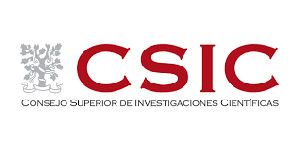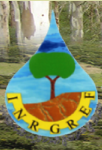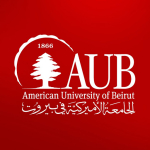ABOUT US




MAGO will demonstrate novel solutions to enhance integrated water resources management (IWRM) for a sustainable agriculture in the Mediterranean Region. These solutions will boost water use efficiency in agriculture, the use of alternative water resources and climate change adaptation (CCA). They will be demonstrated in Tunisia, Spain, France and Lebanon. These solutions will build upon a novel participatory approach with end-users and stakeholders and a new online collaborative platform for researchers and entrepreneurs for delivering web applications















